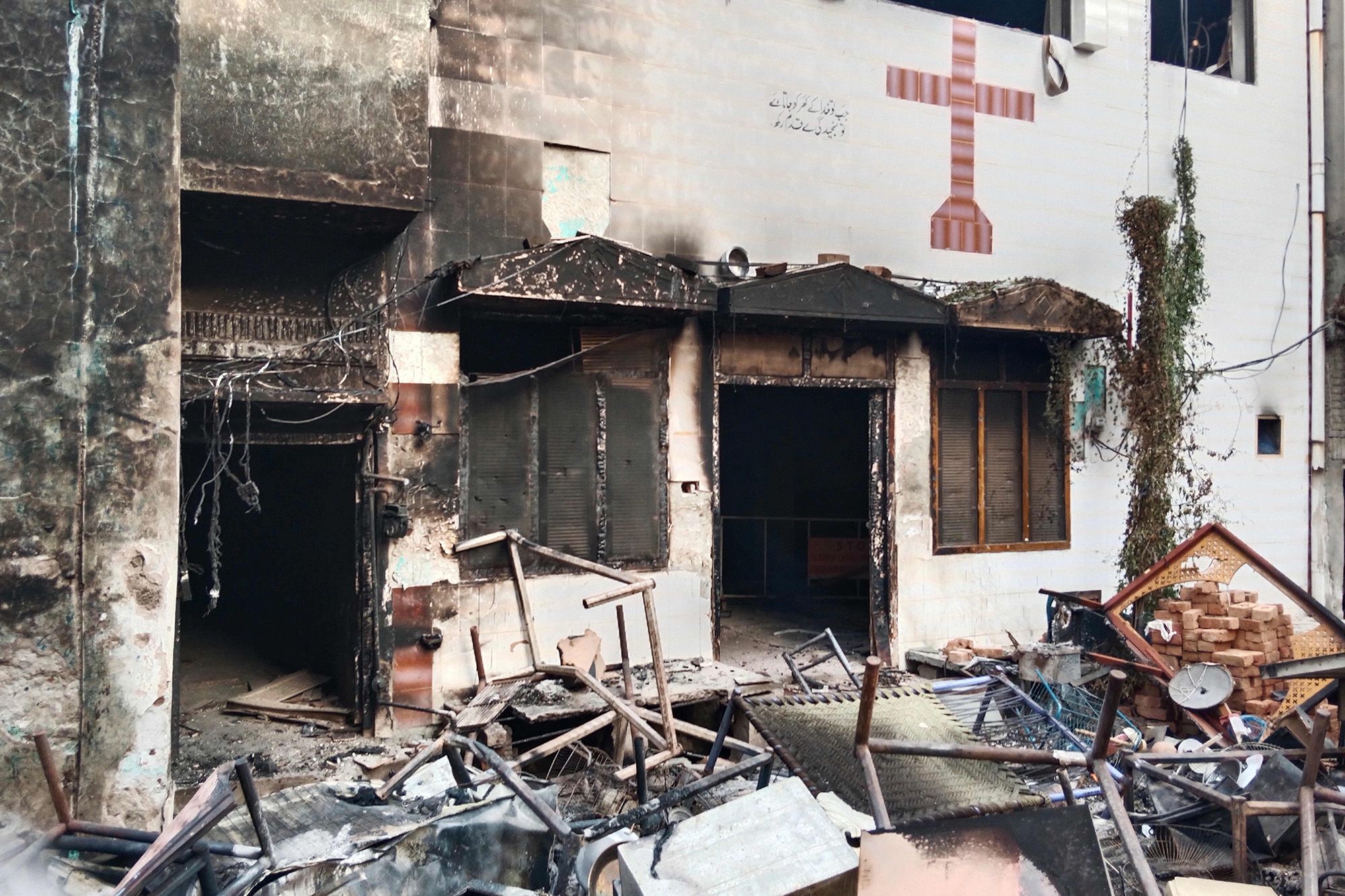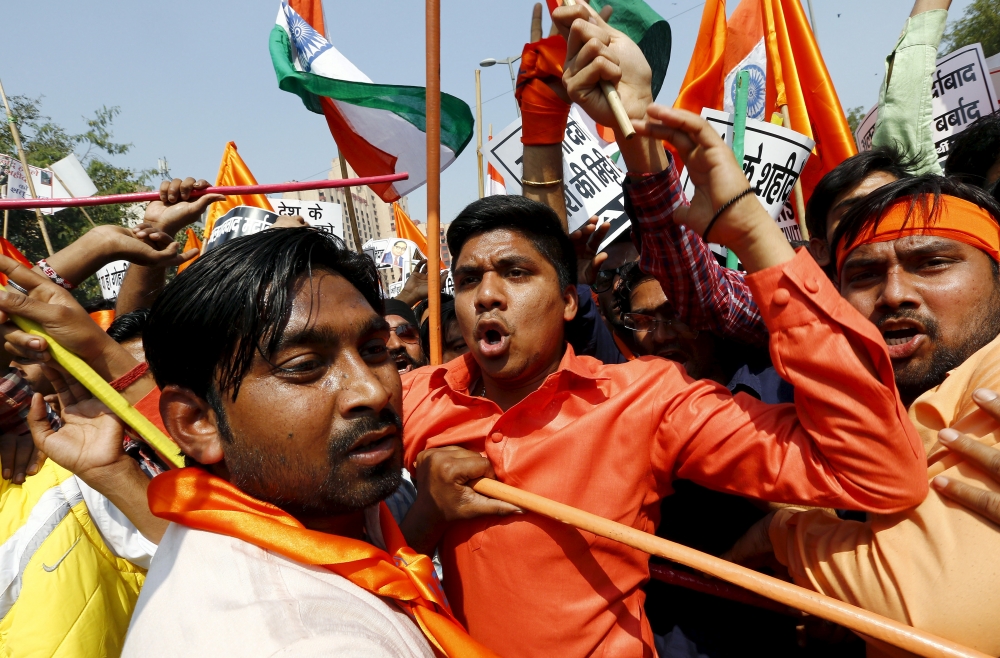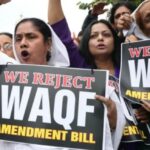India, known globally as the largest democracy, has seen a worrying spike in violence against its Christian population in recent years, as reported by the Evangelical Fellowship of India’s Religious Liberty Commission.
Despite constitutional promises of secularism and religious freedom, the increase in violence, discrimination, and persecution has been largely linked to the growing prominence of Hindu nationalist ideologies.
Groups such as International Christian Concern (ICC) and Persecution.Org have shed light on the challenges facing this minority group. Their reports outline not just physical violence but also systemic issues that have isolated and silenced many Christians. By April 2025, the steady rise in these attacks showed no signs of slowing, sparking serious concerns about the state of religious rights in the country.
ICC, a key organization advocating for persecuted Christians, has documented a sharp rise in violence over the past decade. According to their October 2024 report, titled India: Where the Church is Attacked from Every Angle, the number of incidents has surged dramatically since 2014, when Prime Minister Narendra Modi and his Bharatiya Janata Party (BJP) came to power.

Hostility Towards Christians
That year, fewer than 150 incidents targeting Christians were reported. By 2022, this number had jumped to more than 600, and by the end of 2023, it reached 720, according to data from the United Christian Forum (UCF). This trend reflects an escalating hostility towards Christians, who represent just 2.3% of India’s 1.4 billion citizens.
The nature of these attacks varies and is often brutal. Mob violence, frequently carried out by Hindu nationalist groups such as the Rashtriya Swayamsevak Sangh (RSS), Vishva Hindu Parishad (VHP), and Bajrang Dal, is a common form of persecution. ICC’s updates describe church vandalism, assaults on believers, and arrests of pastors, especially during significant celebrations like Christmas.
A December 2024 ICC report detailed how anti-conversion laws, which make sharing faith a criminal act in many states, were often used to justify such actions.
As of 2024, anti-conversion laws were in place across 12 states. These laws, while aimed at preventing forced religious conversions, are often vague and misused against Christians. ICC’s analysis revealed that pastors and believers are regularly arrested on unfounded accusations, while those responsible for the violence often face no consequences.

Hindu Nationalism
In 2022, only a small percentage of the more than 600 cases saw legal action against the perpetrators, while over 100 cases led to charges against the victims themselves. This lack of accountability has emboldened vigilante groups to continue their attacks.
Regions like Chhattisgarh and Uttar Pradesh have become focal points of this violence. Chhattisgarh, for example, reported 47 incidents in the first 75 days of 2024, including physical assaults, church vandalism, and the denial of burial rights for Christians.
In Uttar Pradesh, the UCF documented the arrests of over 30 pastors under strict anti-conversion laws. Together, mob violence and legal harassment have created an increasingly dangerous environment for Christians, especially in rural areas where they are most vulnerable.
At the heart of this issue is the rise of Hindu nationalism, which views Christianity as a foreign influence threatening India’s cultural identity. According to ICC, the spread of this ideology has been facilitated under Modi’s administration, with government officials often ignoring or even supporting anti-Christian activities.
Appeals from Christian leaders to the president and prime minister, as noted in ICC’s December 2024 report, have failed to prompt meaningful government action. A petition filed with India’s Supreme Court in 2022 demanding measures against vigilante groups remains unresolved, underscoring a pattern of systemic neglect.
For Christians in India, the situation has become increasingly dire. ICC continues to urge the global community to hold the Indian government accountable to its constitutional commitments, but with elections approaching, the political climate may further embolden Hindu nationalist groups.
As a result, India’s Christians face mounting challenges in practising their faith freely. Without urgent intervention, the cycle of violence and discrimination is expected to continue, posing a significant threat to the country’s democratic values.
Related News:
Japanese Court Orders Controversial Moonies Church Disbanded

Geoff Thomas is an award winning journalist known for his sharp insights and no-nonsense reporting style. Over the years he has worked for Reuters and the Canadian Press covering everything from political scandals to human interest stories. He brings a clear and direct approach to his work.














